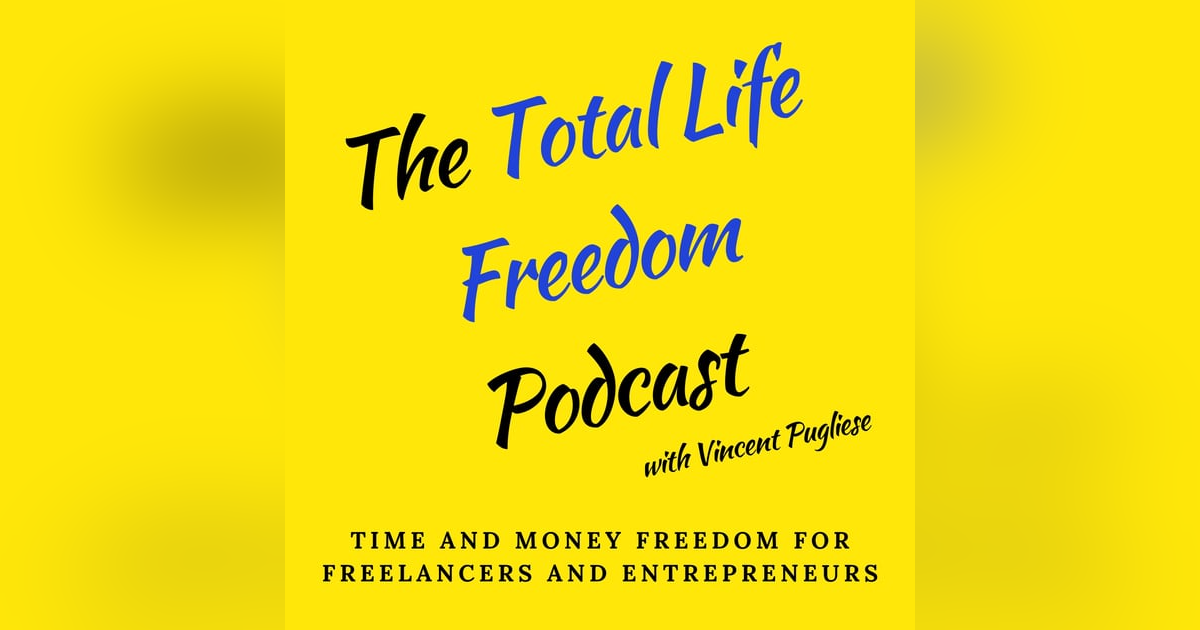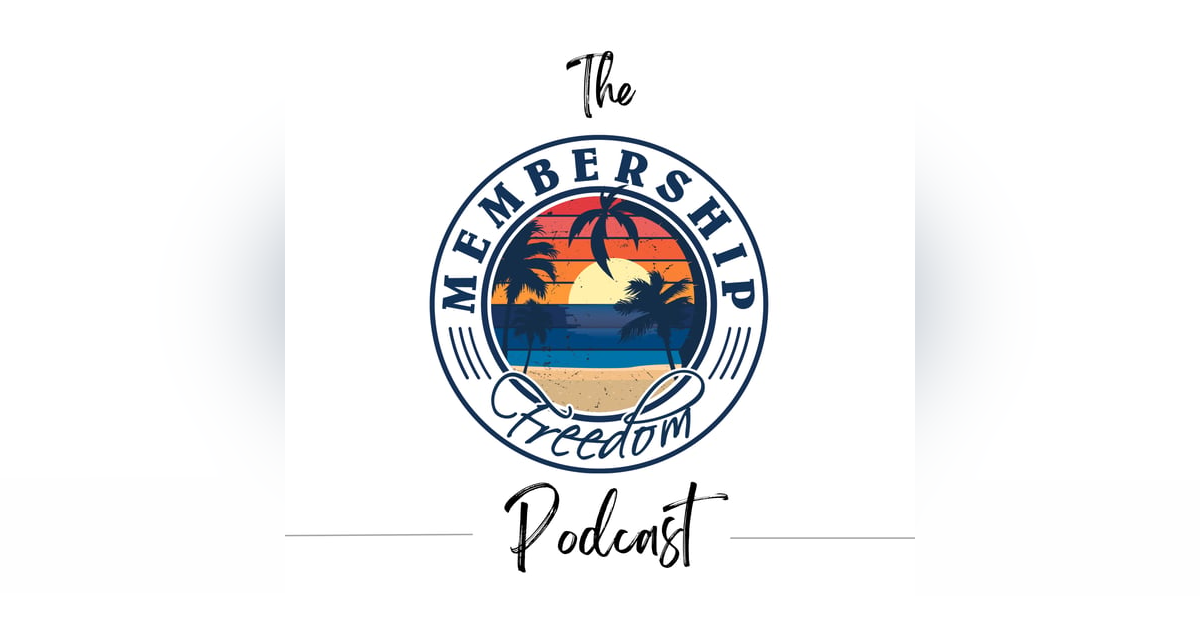How To Turn a Struggle Into Endless Opportunities

Andrew is walking towards me. He has a tarantula in one hand and a plastic red Solo cup filled with money in the other.
In that moment, it was obvious that he was on to something. Andrew is our oldest son- a sixteen-year-old who who was fifteen at the time. He has always had an affinity for bugs, arachnids and anything that freaks out most adults. But the kids love them. So when we went to Clearwater Beach last February on Super Bowl Sunday to check out the festivities because the game was being played in Tampa, Andrew decided to bring his tarantula.
We watched in awe as people began approaching him before we even made it to the beach. A waitress at a restaurant had always wanted to hold one, and told her boss to cover her table while she came out to the sidewalk to face her fears. On the way back to the car a few hours later, she saw Andrew and pulled her boss outside so he could face his fears. I think we know who the real boss was that day.
The next day, Andrew and I went to the beach with a different purpose. He wanted to claim a spot between the beach and the food stand to see if more people were interested. I agreed, but only if he brought a tip cup.
"I'm not doing this for the money," he said.
" I know. And that's why you will be successful," I told him.
Rich Dad, Poor Dad, written by Robert Kiyosaki, is one of the books that changed my thinking about work and money. It's a book that we have our kids read and we discuss together. I won't discuss the inner workings of the book but one of his cornerstone ideas is that the rich don't work for money. There is a chapter in the book where, as a child, he goes to work for his "rich dad". His real dad was a government employee who believed in higher education but didn't learn about money, and was always poor. His other dad- the father of his friend- had little formal education but was well versed in the world of business and finance.
Kiyosaki went to work for his "Rich Dad" but became angry by the way he was being treated. He had to work on Saturdays while his friends were playing baseball. He was being paid ten cents and hour while he was expected to work hard in a difficult environment. He finally got fed up and went to tell his rich dad off. But his rich dad made him wait outside of his office. And wait. And wait some more.
Finally, his rich dad let him in. And Kiyosaki let him have it. He griped and moaned and complained.
"Congratulations," Rich Dad said. "You already sound like most of my employees!"
Kiyosaki was confused. By the end of the conversation, he realized that his rich dad was trying to teach him a giant life lesson. Rich Dad then challenged him. What if I offered you a dollar an hour? What about two dollars? What about five dollars? In the 1950's, he would be rich!
Rich Dad's point was clear. As soon as you accept that salary, you are done. You now work for the money. But the rich. They don't work for money, he carefully explained. They invent money.
It led to a funny story about Kiyosaki and his friend physically attempting to invent money- which was taking the lesson way too literally. But the point was that they got the point. The rich create businesses out of thin air- ideas, thoughts, solutions- that don't rely on a steady paycheck from an employer.
According to the Millionaire Next Door by Thomas Stanley, 75% of millionaires are self employed yet only 25% of the population are self employed. That's an astonishing stat. Essentially, the odds of becoming wealthy as an employee are remarkably lower compared to those that are self employed. And that doesn't even factor in the time freedom aspect, as well as the possibilities of creating the work that you love.
As I watched Andrew walking towards me with the tarantula and the cash, I thought of the lesson that Kiyosaki's rich dad taught him. Was Andrew learning the same lesson? He just "invented" a cup full of cash. Now, Andrew is not nearly as interested in getting rich as Kiyosaki was. At this point, he doesn't really care about money. I wish he would a little more but something tells me that life will show him that earning money does matter.
But the idea that he can create an idea out of thin air that others are happy to give him money for is the cornerstone to this idea. He didn't rely on a paycheck. He didn't expect a salary just because he showed up. He added value first. He saw a need that wasn't being filled. He gave something that was worth more to others than that amount of money in their pockets.
Ten days later, he had a duffle bag filled with $1,600 in cash from the tips that he received at the beach. Now, I don't know if this lesson will sink in for him the way it did for Kiyosaki. I hope it does but my job is to be a teacher and a guide. Sometimes we need to feel what it's like on the other side to appreciate these lessons. Right before I went to write this story, a friend who is in a traditional job messaged me. His kid is sick and needs more attention and his employer basically told him to go pound sand. They need him and he will get no special treatment. He's now desperate to build the business that he has been delaying growing for the past three years.
The best way to build wealth is to invent it. Make it up. Create something that isn't here now. Make something that is here better. When we realize that we have interests and skills that can serve, entertain or educate others, we can take the unique blend of that we possess individually and turn it into something where money can be created out of thin air.








